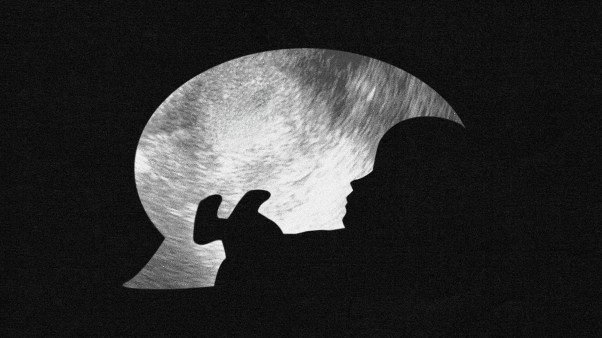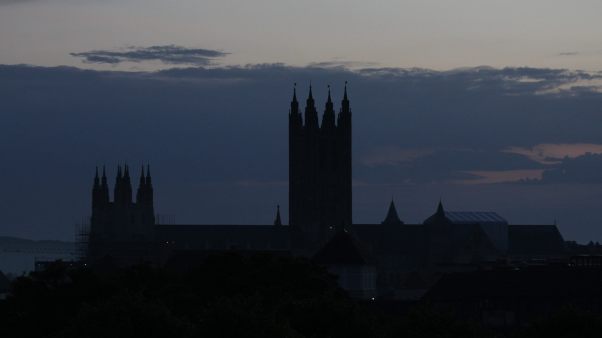A large secular cult-watching group with informal ties to several Christian cult-watching ministries is suing the Church of Scientology International and 11 of its members, claiming Scientologists have tried to “destroy” the national nonprofit network.
Cult Awareness Network (CAN) was founded in 1978 by Patricia Ryan after her father, Congressman Leo Ryan, was murdered at Jonestown, Guyana. Many evangelical cult-watching groups work regularly with CAN.
CAN’s suit, filed in Cook County, Illinois, Circuit Court, is the latest move in a battle in which Scientology has sought to label CAN discriminatory. Scientologists also have distributed literature blaming CAN-affiliated consultants, in part, for the government’s mishandling of the Branch Davidian debacle. The suit claims Scientologists have brought more than 45 legal cases and dozens of human-rights complaints against CAN or its affiliates since 1991. CAN claims no suit has succeeded.
“We won one lawsuit in Illinois where three Scientologists actually tried to use the courts to force us to let these Scientologists do volunteer work at our national office,” says Cynthia Kisser, CAN’s executive director. “An individual seeking support because he feels victimized by Scientology would not call us for help if we were forced to have Scientologists working in the office. Our donors would likely quit contributing to us.”
Scientology recently received federal tax-exempt status as a religious group. It was founded by science-fiction writer L. Ron Hubbard, author of Dianetics. The group is growing and counts many celebrities among its members. It advocates a process called auditing, by which members seek to eliminate their pain. The group has been criticized for charging high fees for practices that allegedly sometimes have emotionally damaging results.
Linda Simmons-Hight, Scientology spokesperson, says CAN’s activities involve “religious discrimination, spreading false propaganda, and promoting abuses of minority religions.” She says actions by Scientologists primarily involve attempts to gain membership in CAN or admittance to its conventions.
Simmons-Hight disputes Kisser’s assertion that none of the Scientology suits have succeeded. She cites a California Superior Court ruling in 1992 that CAN “engaged in religious discrimination” against eight Scientologists by denying them admission to a CAN convention. Other suits were dismissed by Scientologists after they gained CAN membership.
Kisser says CAN receives more complaints about Scientology than any other group and Scientology’s true purpose in filing suits “is ultimately to cause CAN to go into bankruptcy.”
By Joe Maxwell.










